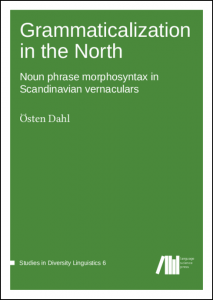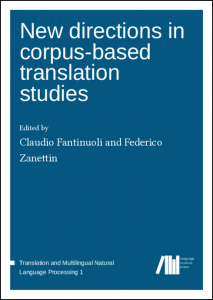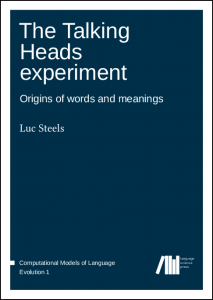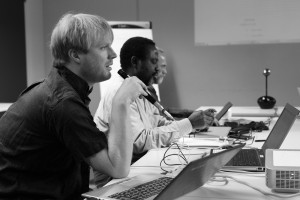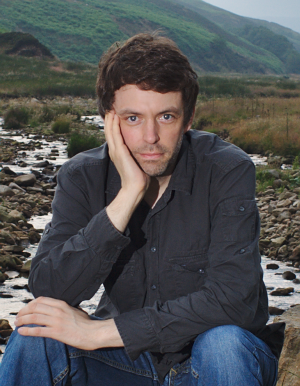
Roland Schäfer
Roland, congratulations to your text book Einführung in die grammatische Beschreibung des Deutschen which got more than 2,700 downloads within the two weeks following publication and now leads the list of our most downloaded books.
Thanks a lot for publishing the book.
What is your textbook about? Are there not enough introductory textbooks around?
The book is about the basic facts of German grammar: surely not everything, but a large portion of what students of German linguistics should know about German grammar. At the same time, it introduces students to the standard methods used by linguists (at least traditionally) to dissect a language, i.e., mostly distributional analyses in phonology, morphology, syntax, and graphemics. No matter which theories or methods you’re going to use later, it’s hard to get by without knowing your basic categories…

